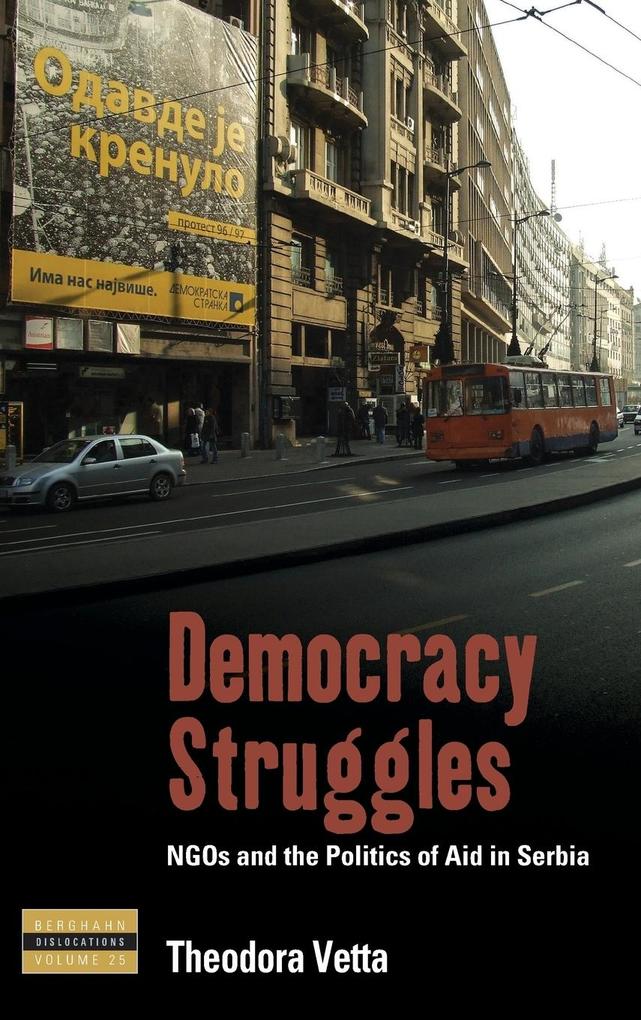
Zustellung: Mo, 02.06. - Do, 05.06.
Versand in 1-2 Wochen
VersandkostenfreiBestellen & in Filiale abholen:
Tracing the boom of local NGOs since the 1990s in the context of the global political economy of aid, current trends of neoliberal state restructuring, and shifting post-Cold War hegemonies, this book explores the "associational revolution" in post-socialist, post-conflict Serbia. Looking into the country's "transition" through a global and relational analytical prism, the ethnography unpacks the various forms of dispossession and inequality entailed in the democracy-promotion project.
Inhaltsverzeichnis
Acknowledgments
Introduction
PART I: CIVIL SOCIETY IN THE MAKING
Chapter 1. Empowerment, Fast-Track
Chapter 2. NGOing and the Donor Effect
PART II: THE POLITICS OF CULTURE
Chapter 3. The "Democrats": Salon NGOs in Belgrade
Chapter 4. The "Nationalists": Radikali and Privatization
PART III: GOOD GOVERNANCE
Chapter 5. Revitalizing Communities, Decentralizing the State
Chapter 6. NGOs vs. State: Clash or Class?
Conclusion
References
Index
Introduction
PART I: CIVIL SOCIETY IN THE MAKING
Chapter 1. Empowerment, Fast-Track
Chapter 2. NGOing and the Donor Effect
PART II: THE POLITICS OF CULTURE
Chapter 3. The "Democrats": Salon NGOs in Belgrade
Chapter 4. The "Nationalists": Radikali and Privatization
PART III: GOOD GOVERNANCE
Chapter 5. Revitalizing Communities, Decentralizing the State
Chapter 6. NGOs vs. State: Clash or Class?
Conclusion
References
Index
Mehr aus dieser Reihe
Produktdetails
Erscheinungsdatum
01. Dezember 2018
Sprache
englisch
Seitenanzahl
242
Reihe
Dislocations, 25
Autor/Autorin
Theodora Vetta
Verlag/Hersteller
Produktart
gebunden
Gewicht
507 g
Größe (L/B/H)
235/157/18 mm
ISBN
9781789200997
Entdecken Sie mehr
Bewertungen
0 Bewertungen
Es wurden noch keine Bewertungen abgegeben. Schreiben Sie die erste Bewertung zu "Democracy Struggles" und helfen Sie damit anderen bei der Kaufentscheidung.


































